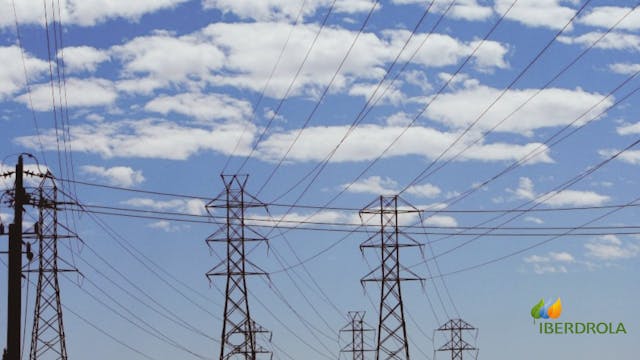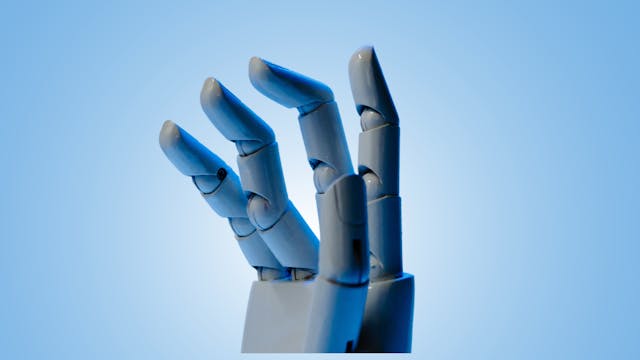Debate: We Should All Go Vegan
Science & Technology
•
1h 0m
From the McDonald’s McPlant made with a Beyond Meat® patty to Sheese Dairy-Free Cheddar Style, there is a plant-based alternative for almost every food you can think of, making it easier than ever before to go vegan. No wonder the number of people in the UK following a plant-based diet has risen by 40% in the past year. Vegans claim their way of life is better for the environment, human health and animal welfare, but are they right?
Livestock farming contributes 14.5% of human-produced greenhouse gas emissions worldwide. Farm animals belch out massive amounts of methane, one of the most harmful greenhouse gases. They are also extremely wasteful of resources, using up 83% of farmland worldwide while providing only 18% of our calories, guzzling soya and grain that could feed humans more efficiently, and requiring vast amounts of water. As for our health, vegan sports stars such as Venus and Serena Williams and Lewis Hamilton prove that you can be superfit on a plant-based diet, and research has linked vegan diets to lower rates of some diseases. And when it comes to animal welfare, if you’re an omnivore, don’t kid yourself that you’re being ethical by eating only ‘humanely’ reared meat. Livestock on so-called high welfare farms undergo many of the same cruel practices that are inflicted on factory farm animals. If you really care about non-human sentient beings, don’t eat them or any food derived from them.
That’s the argument made by the vegan lobby. But there are many experts who disagree on all counts. Take the environment. Few people realise the high carbon cost of growing crops – some 15-20% of the world’s CO2 output comes from ploughing – and that plants grown for food require vast amounts of fertiliser and pesticides that are derived from fossil fuels. And while vegans like to demonise all forms of animal husbandry, traditional methods of cattle grazing can actually help the environment by fertilising the soil, capturing and storing carbon and increasing biodiversity. And then there’s human health. Not only is it difficult for those on a vegan diet to get enough of certain vital nutrients, but many of those convenient ready-made plant-based foods are packed with emulsifiers and other chemical compounds which have been shown to be harmful to our gut. As for animal welfare, is it obviously more ethical to be a vegan rather than eat fewer products from animals reared to the very highest welfare standards?
Who’s right and who’s wrong?
Up Next in Science & Technology
-
Rethinking the Grid
‘There is no transition without transmission.’ This phrase has been echoed by energy experts and politicians across the world. But what does it mean? It seems as if the renewable energy transition is unfolding smoothly. Globally renewable energy generation is predicted to increase five-fold by 20...
-
George Monbiot on the New Food Revolu...
We need a food revolution – one that will transform the face of the planet and our relationship with it. That will be George Monbiot’s rallying cry when he came to Intelligence Squared to talk about the themes of his major new book 'Regenesis: Feeding the World without Devouring the Planet'.
As...
-
Artificial Intelligence, Virtual Worl...
Over the last year, AI has been advancing at unprecedented speed. Tools like ChatGPT are taking the drudgery out of many of our everyday activities and creating exciting possibilities. But alarm bells are ringing. As we become increasingly unable to differentiate between the virtual and the real,...



